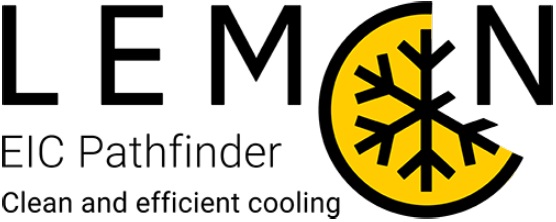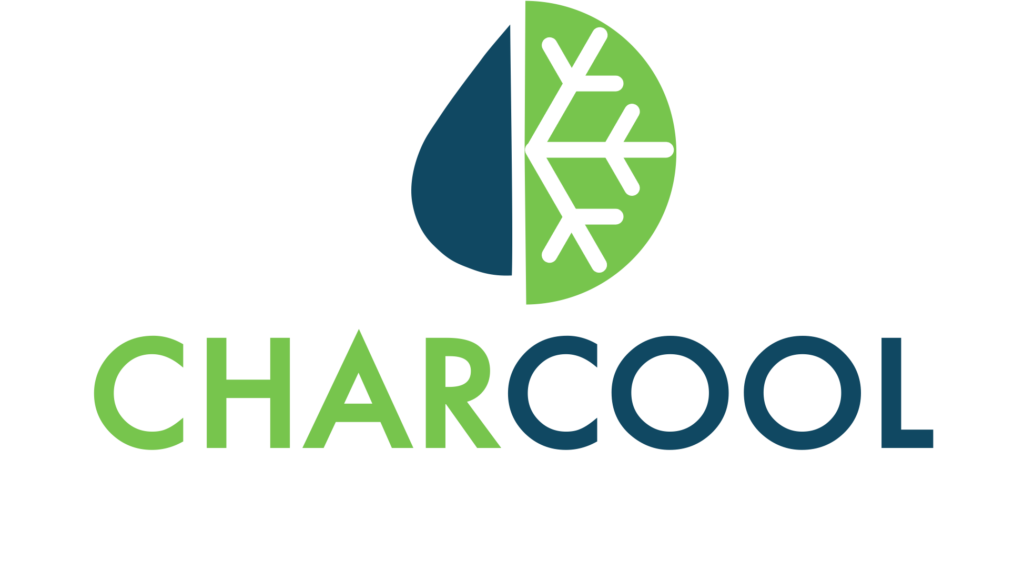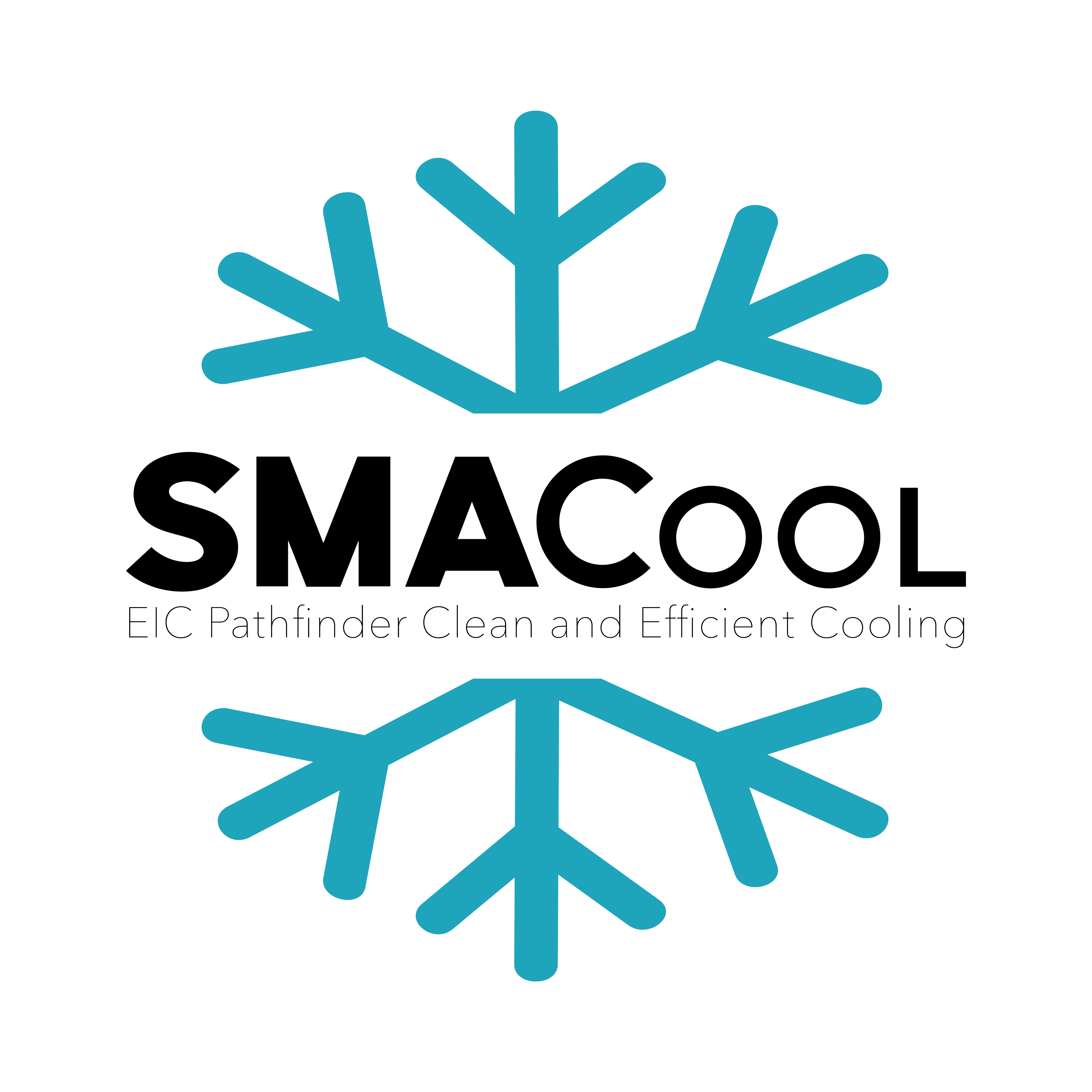EIC Clean and Efficient Cooling Portfolio
This section is dedicated to the projects that were funded under HORIZON-EIC-2023-PATHFINDERCHALLENGES-01-01.
This EIC Clean and Efficient Cooling Portfolio is a workspace where complementarities can add value to the work done in the projects, and synergies and collaborations can be established to maximise the overall impact on the results.

The focus of the LEMON project is to develop a scalable, helium-3-free cryogenic cooling solution capable of reaching milli-Kelvin temperatures. By pushing the limits of continuous Adiabatic Demagnetization Refrigeration (cADR), it will address the growing cooling demands in quantum technologies, particularly in quantum computing.
We will design and investigate a modular system that has the potential for large-scale refrigeration with high cooling capacities.
With our innovative approach, we want to eliminate the dependence on scarce helium-3 in cryogenic cooling.
The MAGCCINE project aims to transform the vaccine cold chain by developing a clean, efficient, solid-state magnetic refrigeration system based on the innovative rotating magnetocaloric effect (RMCE).
The technology proposed reduces the need for permanent magnets, significantly lowering production costs, volume, and weight while enhancing efficiency. By eliminating harmful refrigerant gases, RMCE presents a sustainable solution to the pressing challenges of vaccine transportation.
The final goal of this project is to design and optimize a fully operational vaccine refrigeration prototype that maintains the critical 2-8 ºC temperature range required by most vaccines.

Electrocaloric polymers have a cooling potential one order of magnitude larger than ceramics. This is what we intend to develop in this project, with a clear assessment of scale up capabilities.
Arkema, world leader in electroactive polymers, will investigate electrocaloric polymers. KEMET, European industrial partner, will prepare thousands of multilayer capacitors based on optimized electrocaloric polymers.
The PI from USTUTT, will build electronic modules able to increase the efficiency of electrocaloric devices up to 60%. LIST will assemble the multilayers and the electronic modules in a proof-of-concept aiming at reaching a cooling power of 1 kW and an efficiency of 60%.

HYDROCOOL project will develop a novel cooling production concept that will significantly go beyond the state-of-the-art performance.
The solution is based on the hydraulic compression and expansion of CO₂ in a reversible cycle capable of delivering cooling for a wide range of application such as food, data centres or air conditioning [-40ºC;+12ºC].
By switching from solid to fluid dynamics, HYDROCOOL will enable both isothermal compressions using liquid piston fluid and energy recovery between expander and compressor.

BEYOND – method for smart and affordaBle Evaluation of simultaneous faults in heating and cooling sYstems based ON compresseD vapor technology – is a pioneering project. It introduces a cutting-edge, knowledge-driven method for detecting, diagnosing, and evaluating soft faults in heating and cooling systems powered by vapor compression technology.
Our solution targets two critical challenges—refrigerant leakage and heat exchanger fouling—delivering effective management for more efficient and sustainable systems.

The CharCool project combines the use of natural energy and nature-based solutions to achieve clean and efficient cooling. CharCool is an innovative and sustainable heat-driven cooling system, where the excess of clean renewable energy or waste heat is stored in a modular thermochemical energy storage system that allows for seasonal storage.
CharCool challenges the current vision of cooling industry by proposing a system that is highly flexible and reliable, thanks to its coupling with a high-energy density (200 kWh/m3) and inexpensive mid-/long-term thermochemical material.

The aim of the CoCoMag is to synthesize, produce and test new alloys suitable for permanent magnets and magnetocaloric applications without using highly critical elements like rare earth and cobalt. This step is crucial to accelerate the electrification of our infrastructures.
Our alloys consist of several main elements in relatively high concentrations, known in technical jargon as high entropy alloys. This allows the properties of the individual elements to be fully exploited, which means that the new magnets will not only be more sustainable, but also with additional functionalities such as malleability and corrosion-resistance.

The Project SMACool will develop a functional air-conditiong device for residential buildings, based on the emerging technology of elastocalorics, which uses shape memory alloys as solid-state refrigerants for efficient and sustainable cold (and heat) generation.
Elastocalorics is an innovative, disruptive heating and cooling technology with the potential of reaching outstanding energy efficiency and zero global warming potential, using metals as solid-state refrigerant material instead of the harmful fluids used in cooling systems today.

Refrigeration systems are responsible for tremendous global and EU emissions, making energy-efficient refrigeration an important energy and sustainability goal. Mechanocaloric materials are a promising solution for solid-state cooling. These materials demonstrate a reversible thermal change when subjected to an external mechanical field such as pressure or stress. The EIC-funded FROSTBIT project aims to develop the first functional refrigerator based on revolutionary solid-state technology using barocaloric materials in a regenerative cooling device. The materials will be synthesised for their ability to generate recently described significant barocaloric effects around the so-called spin crossover temperatures of some molecular complexes.